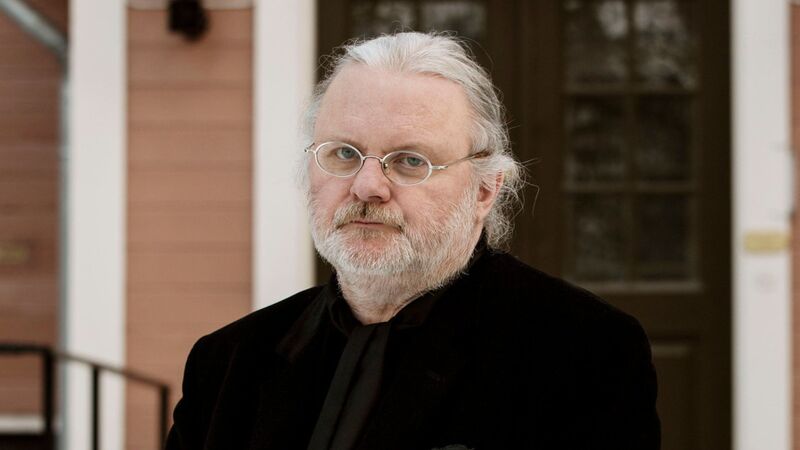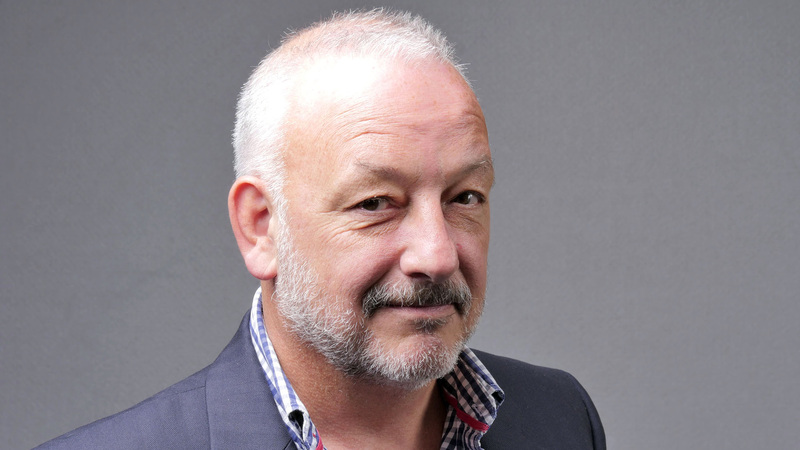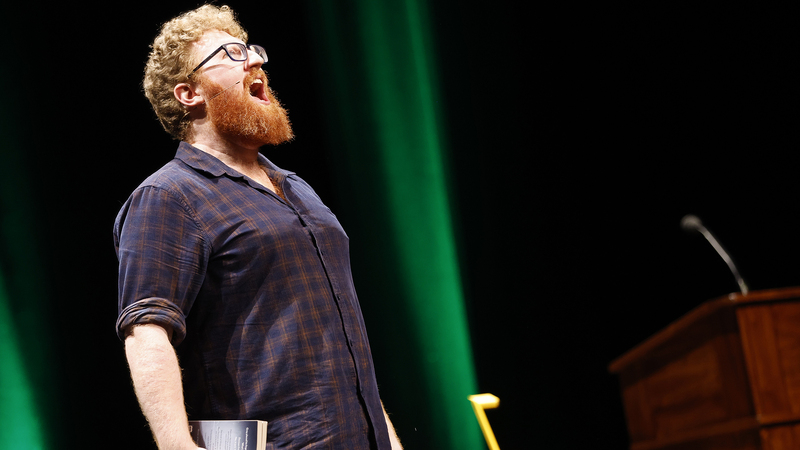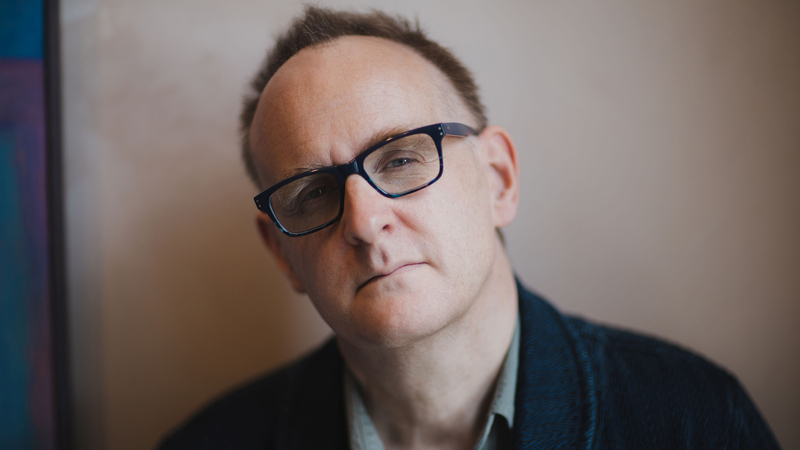You are viewing your 1 free article this month. Login to read more articles.
Q&A with Will Self
Ed Wood: Do you feel that, as in books like Umbrella, exposing the absurdity of life is something the novelist is uniquely able to do?
Will Self: Some of my novels undoubtedly do target absurdities – usually of human social forms, rather than life per se – but Umbrella is not one of them. I think it’s a broadly ‘life-enhancing’ novel inasmuch as it attempts to give form to the felt experience of living, rather than filtering it through the mannerism of so-called naturalism.
EW: Would you agree that there something identifiably British about your writing?
WS: Absolutely not. I don’t think of myself as British – or even particularly English. If anything, as the child of an Englishman and a Jewish-American immigrant who has lived all my half-century in London, I think of myself as Londonish, and my writing
as correspondingly Londonish – whatever that means. ‘British’,
for me, is a function of the
Union – to which I have no particular attachment at all –
and to the Empire, to which I
have none whatsoever.
EW: Which book or books changed what you thought was possible in a novel?
WS: Joyce’s Ulysses, L.F. Celine’s Voyage au bout de la nuit, Proust’s À la recherche du temps perdu, Borges’ Labyrinths, Dostoevski’s The Idiot, J.G. Ballard’s Crash
and so on, and on…
EW: Are there things you have wanted to do in fiction but which couldn’t be contained within the form of a novel?
WS: That’s what short stories, mutant travelogues and romans concret are for.
Umbrella by Will Self is published by Bloomsbury.
Photo credit: Polly Borland















